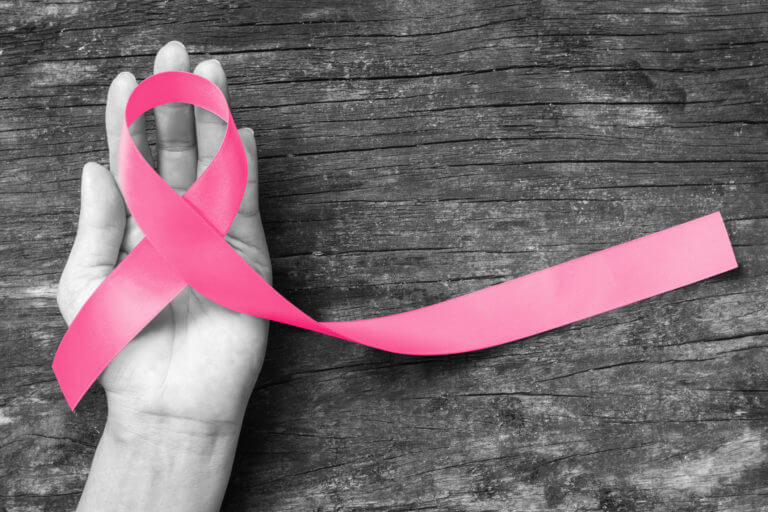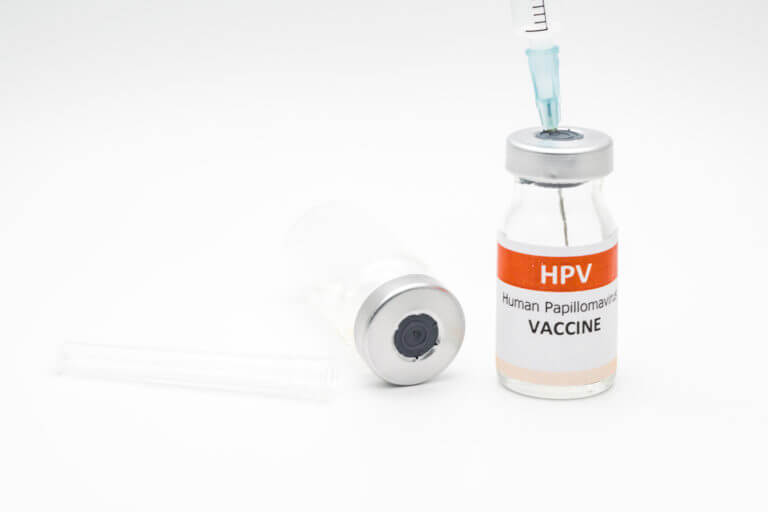Midwives have assisted women during childbirth for hundreds of years, but the official profession of nurse-midwife began in the US in the mid-1920s. From its beginnings in rural areas, there are now programs to certify midwives in many colleges and institutions of higher learning. A national certification exam assures soon-to-be parents that they and their
Read MoreBlog
What Does Being a “High Risk” for Breast Cancer Mean?
You eat right. You don’t smoke. You get enough rest and you have even eliminated all chemicals from your home. Yet at your most recent GYN appointment, you were shocked to learn that you are considered “high risk” for breast cancer. How can that be? First, know that there is no single factor that makes
Read MoreIs Age a Factor in Fertility?
How old is too old to conceive and give birth to a healthy baby? Age is certainly a factor that affects a woman’s fertility – less so for a man, although it does matter for some. Women are born with all the eggs they will have throughout their lifetime – approximately 1 to 2 million
Read MoreIs Preeclampsia Preventative?
Preeclampsia is a very dangerous condition that can surface in pregnant women, usually after twenty weeks. Previously, preeclampsia was diagnosed by extremely elevated protein levels in the mother-to-be’s urine. After doctors determined that organ problems sometimes do not result in elevated protein levels but cause preeclampsia nonetheless, it became acceptable that the condition could also
Read MoreIs the HPV Shot Effective?
The HPV vaccine is very effective against the human papillomavirus (HPV), which can cause several types of cancer. The vaccine is effective against HPV 16 and HPV 18, which together cause 70 percent or more of the cases of cervical cancer. The HPV vaccine was first licensed for use in 2006, and it continues to
Read MoreFive Healthy Snacks for Pregnancy
Navigating the nine months of pregnancy, a mother-to-be is a superhero. Not only is her body creating another life, but she is striving to be healthy for two! Despite the stress, aches, pains, and cravings that accompany pregnancy, these wonder women might feel that it’s ok to eat whatever makes them happy. However, that happiness
Read MoreTalking to Your Teenager about Going to the Gynecologist
Chances are your teen has been seeing the same doctor since she was born. Over the course of your teen’s life, her pediatrician has become a trusted advisor and sometimes confidant when it comes to growing up and navigating life. So seeing a gynecologist can be a very big – and nerve-racking – step for
Read MoreThe Benefits of Collagen Injections
Collagen is a long chain protein that forms a supporting network that is the “glue,” of the body. The body in its prime produces enough of its own collagen for bones, hair, muscles, nails, skin, and all other organs. Collagen comprises almost 80 percent of protein within the skin and takes many forms in the body
Read MoreMost Common Pregnancy Complications
Most pregnancies are uncomplicated and proceed smoothly with good prenatal care. However, even previously healthy women can develop complications during gestation, affecting and even threatening maternal and fetal health. Doctors check for proper fetal growth and development – and symptoms associated with pregnancy complications – using physical exams, lab tests, and ultrasound scans. Timely, regular prenatal care enables health-care providers to
Read MoreUsing a Midwife vs. a Hospital Delivery
Modern mothers-to-be have lots of decisions to tend with regards to determining the best, safest way to deliver their baby. And for first-time moms, one is whether to choose an obstetrician-gynecologists (ob-gyn) or certified nurse-midwives (CNM) to oversee their deliveries. Here are some considerations to help you determine which option may best for you and
Read More











